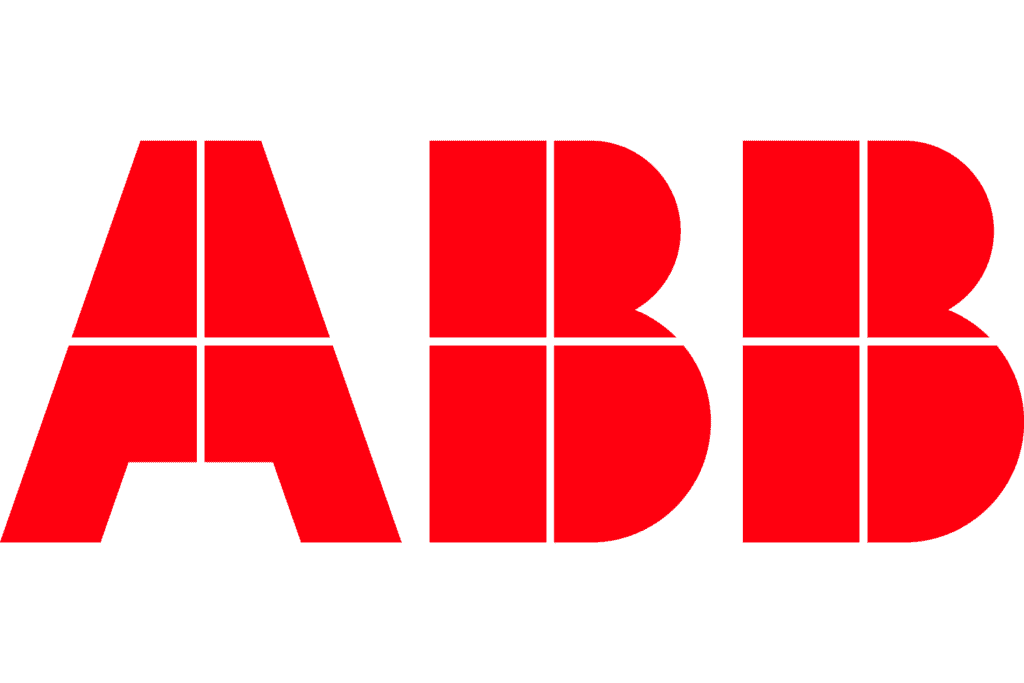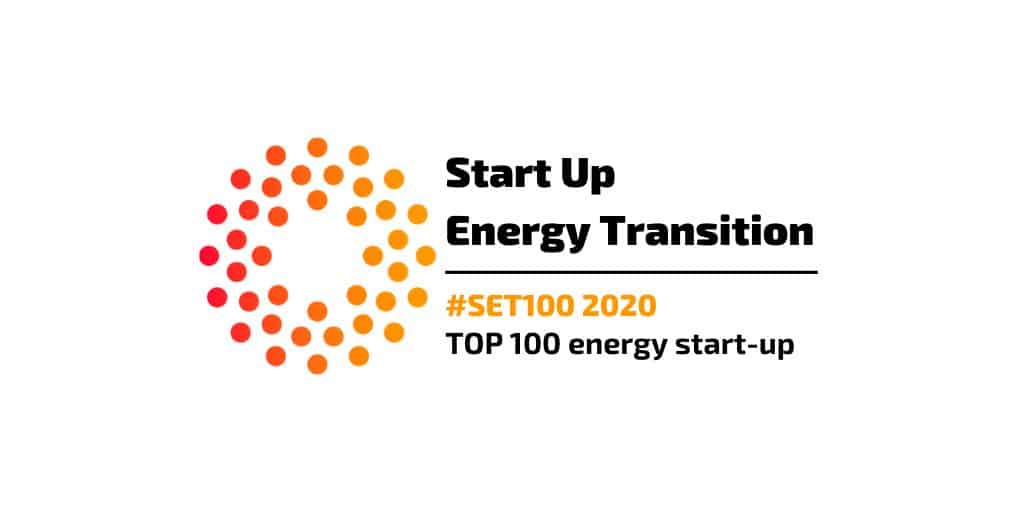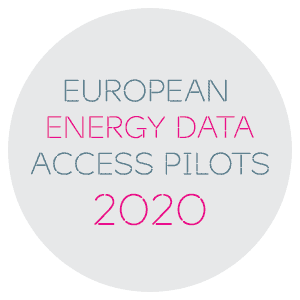October 2020
In this new edition of our ‘Meet the re.alto team’ series, we’ve caught up with our Business Development Manager Jean-Pierre Hagen about his engineering background, the early days at re.alto and his thoughts on energy digitalisation.
You were new to the energy industry when you joined re.alto. Tell us a bit about your background and career to date?
Sure, so about ten years ago, I moved from Switzerland to the UK to study Mechanical Engineering. After graduating I started my career at Renold plc, which was essentially a power transmission component manufacturer for mechanical drivetrains.
When I first started working there, I was stationed in the engineering R&D department down in Cardiff. One day you’re designing new products, the next day you’re assembling them together, and the next you’re destructively testing them. It was great. At one point I got the chance to go on secondment to a sister factory in Halifax. That’s where I got exposed to the world of technical sales. What I learned was that I enjoyed the commercial side – speaking with customers, preparing tenders, managing their projects – just as much as the technical problem solving side – designing a product that would solve their needs, keeping on top of the supply and manufacturing chain and the like.
From then on, I basically danced between various technical and commercial roles. I went into roles like project engineering, key account management, and eventually into management positions within both sales and engineering. So here I am today, working for a tech start-up in the energy industry. Makes sense, right?
You’re Business Development Manager at re.alto. What does that role entail?
During the early stages of the company, it was predominantly focused on exploring the existing European energy market today. What that meant in practice was a lot of desk research and a lot of early customer conversations. We would start out by deep-diving into a certain sector, for example e-mobility, speaking to different companies and learning about their pain points and challenges. In doing this exploration we could map out that industry, learn intrinsically about how it works, and most importantly how re.alto would sit within it. This process was super important as the feedback and learnings fed into our decision-making process around strategy and product at the time.
As we launched our MVP this summer and things became more operational, the role naturally evolved into a traditional sales and business development role. In other words, finding and speaking to companies that face a challenge you can solve. That said, being a start-up, you find yourself wearing all kinds of hats. One day you’ll be reaching out to new companies, the next you might be presenting at a conference, producing content for a marketing campaign or doing the technical integration with an API provider. It’s a lot of fun!
What led you to join such an early stage start-up?
That’s a good question, several reasons actually. For starters, the vision and the ‘why’ really spoke to me. I felt aligned with the vision to create something which would ultimately help the transition to a more sustainable world. It’s been nice to reflect and remind myself sometimes about the bigger picture. Secondly, I like creating and learning new things, so with a start-up the idea that we would have to create a company, a team, a product, a pipeline, business processes and a culture from scratch was really appealing.
Finally, the fact that re.alto was going to be a software company in the energy sector somehow aligned to what I was doing in my free time. When I came across the opportunity I was actually learning how to code and was exploring things like web-app development and machine learning. It just so happened that I started using APIs in my projects and was also exploring the solar and wind industry for AI applications. The combination of vision, role, content, and industry all aligned perfectly for me so in the end it was a no-brainer.
re.alto recently launched its full platform – from your conversations with key industry players, what’s the reaction been?
It has been overwhelmingly positive. We’ve spoken to hundreds of companies now and almost every single introduction and demo to the API platform has been encouraging. It was a bit unexpected actually: you would expect at least a certain amount of pushback, but that hasn’t been the case. What’s been interesting to see is that when you have a physical product to show, rather than an abstract concept, the idea suddenly clicks. People immediately understand and start to see how the product can benefit them either directly or indirectly.
The re.alto marketplace already has APIs from a variety of energy sectors. In your opinion, are some energy sectors further down the digitalisation road than others and why? What barriers have you encountered?
Yes definitely. For me, I think the TSOs and companies within the energy trading space are further down the digitalisation road. In these areas you have an established data-led service industry, such as forecast providers (prices, weather, demand/generation, etc), which wouldn’t exist without the underlying access to data. For TSOs, the publication of data is expected as they are regulated entities with a duty to keep the grid in balance. Publishing information to other players is necessary to do so. The area of energy trading is a bit more advanced, out of necessity of course. In that industry, you simply need solid access to market information, and for that to work you need relatively modern infrastructure.
In other areas – take, for example, renewables – there are certain barriers. The first one is data access, actually having the physical means to connect to an asset. This is difficult because existing systems aren’t necessarily connected to the internet in the first place so to overcome this would require a costly infrastructure upgrade.
Secondly, once you’ve overcome the access hurdle, you run into a new challenge: “Who is the Data Owner?”. In other words, who has the ultimate right to consent what that data can or cannot be used for? Smart metering data is a great example as it’s quite clear-cut, certainly in the UK. The data belongs to the household, who has to consent to other parties being privy to access and use that data. But what about other sectors? Let’s use the example of a wind farm owner. You could argue that the data that their assets produce – wind speed, direction, power production, vibration data, temperature data – belong to them. But the turbine manufacturer could argue that this is proprietary information that actually belongs to the OEM itself and it should not be shared. So you enter this confusing tri-lateral (and sometimes quadrilateral) web where you have a Data Owner, Data Infrastructure Provider, and the Data User.
There are other challenges around data standardisation and communication formats, but they’re far too complex for this interview!
The final barrier I think actually applies to the industry more generally – awareness. Digital maturity on a whole is relatively low and there isn’t a huge awareness of what’s out there in terms of energy data and digital services, their use-cases and how they will ultimately help drive digitalisation within the space.












